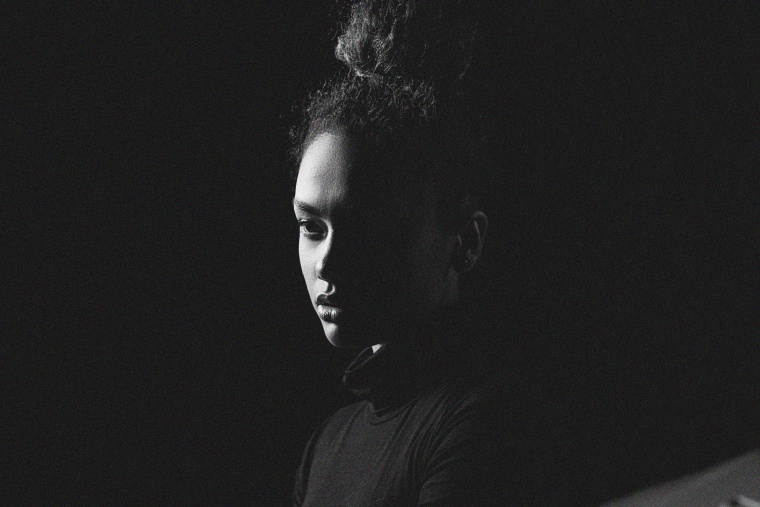In the U.S., Black adult women are six times more likely to be killed than their white counterparts, troubling new data reveals.
A paper published Thursday in The Lancet medical journal analyzed homicide rates of Black women ages 25 to 44 across 30 states. The data was collected between 1999 and 2020 by the Centers for Disease Control and Prevention’s National Vital Statistics System.
Homicides were classified in this study as death by shooting, piercing, cutting and other forms of violence. Racial disparities varied among states; in Wisconsin, for example, Black women were 20 times more likely to be killed than white women. Black women living in Midwestern and Northeastern states were also more likely to be killed by a firearm, the paper found.
The study was designed to provide more comprehensive data about homicide rates among Black women and fill in the gaps in the existing literature, said Bernadine Waller, the paper’s lead author and a postdoctoral psychiatry research fellow at the Columbia University’s Irving Medical Center.
Waller said she had been “very discouraged” that no one had performed research to this magnitude and was devastated to learn of the high homicide rates of Black women.
“For every one person who’s murdered, you’ve got their family members, you’ve got their friends, you’ve got their communities who are devastated,” Waller said. Many Black families have women as head of the households, she added. “So, if you’re looking at that through that lens, what does that mean for our Black families?”
Findings in the paper confirm the disproportionate rate of violence targeting Black women that domestic violence advocates, like the National Domestic Violence Hotline, have been working to raise awareness of.
While researchers did not identify the causes behind the staggering difference, the paper points to structural racism, including poverty, educational attainment and employment. States with a larger share of low-income households, where people tend to live closer together, had the highest disparities of homicide rates, the paper found.
Approximately 45% of Black women experienced stalking, physical and sexual violence in their lifetimes, and an estimated 51% of Black female adult homicides were related to intimate partner violence, according to The National Coalition Against Domestic Violence. Intimate partner violence was also a key contributor of homicide in Black women, Waller’s paper notes.
While the statistics in the paper spark feelings of angst, they come as no surprise for Karma Cottman, chief executive officer for Ujima Inc., a resource center focused on ending domestic, sexual and violence within Black communities. Cottman said the statistics are a direct result of economic instability and a large access to firearms.
“When you don’t have access to housing, you’ve got a greater strain on the relationship,” Cottman said. “When you’re already living in an impoverished community, you have a greater strain on your relationship. Then you tie all of that together within having increased homicide rates across the board and access to firearms — particularly for younger people — then you have higher lethality rates.”
Many Black women also have a fear of calling law enforcement, Cottman added, which puts them “at greater risk for experiencing violence” since they do not ask for police intervention until a situation turns deadly.
A 2020 study published in the National Library of Medicine found that Black and Latina women who experienced intimate partner or sexual violence were two to three times more likely to experience abuse or a neglectful response from law enforcement when reporting the incident. Other reasons that may influence Black women’s police engagement for intimate partner violence included institutional racism, self-blame and stereotypical strength, among others.
“When something happens, you’re supposed to be strong,” Cottman said. “But then when law enforcement respond, you’re not seen as the victim because you’re strong.”
To help eradicate domestic violence, Cottman said more people should start by normalizing conversations about it, whether at schools, churches and other Black institutions. Some of Ujima’s major efforts include a firearms training program and billboard advertisements raising awareness about domestic violence and sexual assault.
Waller is calling for more gun legislation and said more work needs to be done to dismantle inequities that directly impact Black women.
“Until we’re able to make those sustained, multitiered efforts, then we’re doing not just Black women a disservice,” Waller said, “we’re doing our entire country a disservice.”
For more from NBC BLK, sign up for our weekly newsletter.

